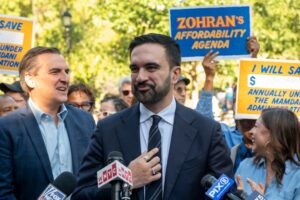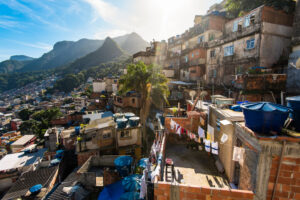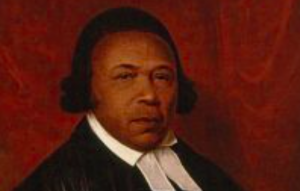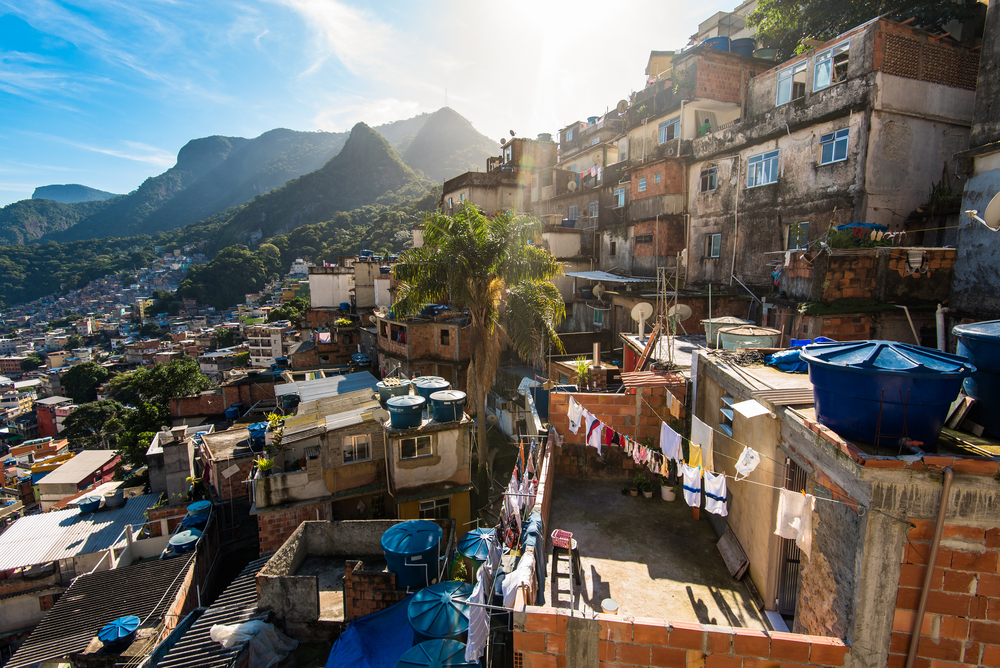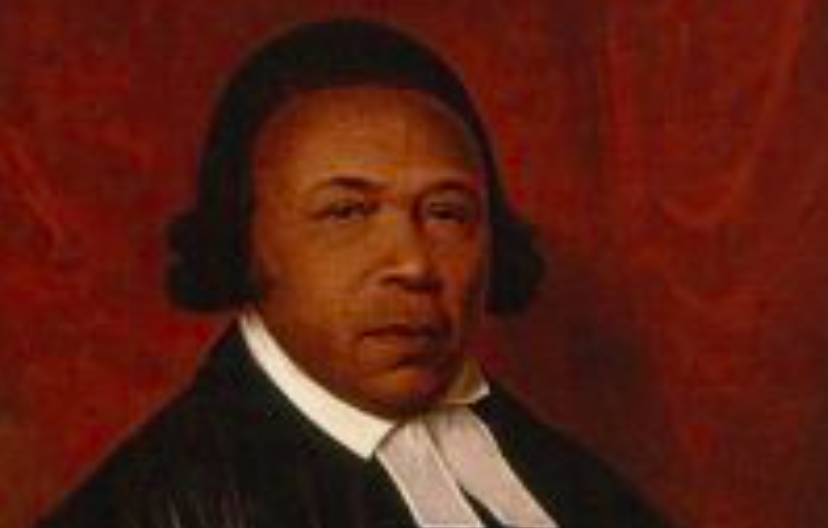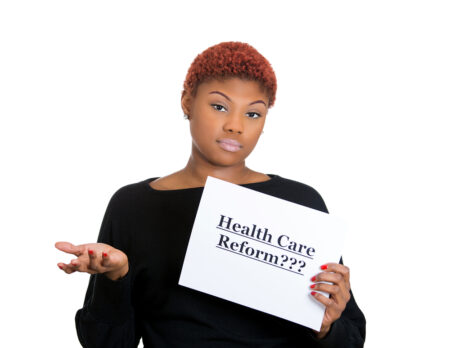Human rights are under siege, the environment is unraveling and dissent is being crushed. Every day, people around the world, including the African Diaspora, face challenges that test their strength and humanity. From injustice to inequality, their stories remind us why we must keep watching, keep listening and keep caring.
Here are five countries in the diaspora we all should be paying attention to.
Sudan
The Yale School of Public Health’s Humanitarian Research Lab released satellite images and verified videos of blood visible from space, with the appearance of human bodies also visible in the Darfur region. The killings were described as “door-to-door killings,” all conducted in under 72 hours. Reports claim that there were also alleged executions at Saudi Hospital, a children’s hospital being used as a prison by the Rapid Support Forces. The murders come as a civil war rages on in the country. In April 2023, infighting erupted between the Sudanese Armed Forces and the Rapid Support Forces. The U.A.E. has reportedly been supplying weapons to the RSF, according to Amnesty International. As a result of the in-fighting, 14 million people have been displaced and diseases such as cholera have broken out, killing 172 people and affecting over 2,500 people in one week alone. Famine has also been declared in the Darfur regions of El Fasher and Kadugli and people have been without food and medical care for months, per UN News.
These two areas, which have been the sites of the murders, are reaching an alarming rate of malnutrition, with El Fasher reaching a Global Acute Malnutrition rate of 38% to 75% and Kadugli nearing 30%. Famine is expected to spread to other parts of Darfur, including displacement camps.
Brazil
As the country’s Supreme Court continues to mandate that former Brazilian President and right-wing nationalist Jair Bolsonaro stay under house arrest, Brazil continues to struggle with corruption. Back in May, a member of Congress was charged for their involvement in the murder of Marielle Franco, a human rights activist whom they saw as a threat to their illegal activities. The government has since announced plans to introduce measures to increase transparency in efforts to reduce corruption.
Brazil also continues to struggle with disparities, particularly against Indigenous people and citizens of African descent. The disparities begin with a lack of access to education. According to Human Rights Watch, only 48% of Black Brazilians aged 25 and older completed secondary school. In comparison, 62% of white Brazilians completed secondary school. As for land ownership, the Lula administration has made progress in restoring land to Indigenous people and Afro-descendant communities. Already, 13 Indigenous territories have been recognized, with another 11 currently pending recognition.
Approximately 21 land titles were also given to Afro-descendant rural communities. Progress is, however, being made slowly, with hundreds of claims still identified as pending. Terra de Direitos reports that it would take 2,708 years to address all pending titling requests. Overall, the country’s environment is also struggling due to extreme weather events driven by climate change. Brazil has been hit by flooding that has previously displaced tens of thousands, along with droughts and fires. The country itself has previously been identified as one of the top 10 greenhouse gas emitters. The Lula administration has attempted to address this by reducing deforestation. Still, deadly police raids have also become a cause for concern across the country.
Cuba
Organizations have labeled Cuba as a nation that is faced with a “dire economic crisis.” The economic crisis is reportedly having a trickle-down effect on rights. According to the Cuban government, the economy declined by 1.1% last year; experts, such as the United Nations’ Economic Commission for Latin America and the Caribbean, estimate it will decline by an additional 1.5%. The economic crisis is further burdened by rising inflation, which is currently above double digits. Issues with funds are being exacerbated by a decline in tourism and in sugar production. Tourism has reportedly declined due to electricity blackouts lasting up to 20 hours. Last month, a grid collapse affected over 9.7 million residents. Meanwhile, sugar production has fallen to less than half of the tons previously harvested in the 2023/2024 season.
As for the government, civil rights groups highlight that leaders are working actively to suppress any media that they do not control themselves. Per the Human Rights Watch, critics and independent journalists are consistently censored. Although citizens have been able to access the internet for external sources, the government has allegedly blocked access to these sites and limited phone data. The government has also allegedly detained more than 1,000 people as political prisoners. Approximately 30 of these prisoners are under 18.
Haiti
Since 2018, Haiti has been in a humanitarian crisis. Per UNICEF, the country has been burdened with political turmoil, civil unrest, extreme poverty, natural disasters, and increased rates of gang violence. Haiti has not had proper access to basic services and capital development is currently stagnant. The issues have been furthered by the prevalence of armed groups. Per Amnesty International, the armed groups now control most of the capital, Port-au-Prince. The situation, which worsened following the 2021 assassination of President Jovenel Moise, has been affected by the deep economic hardships that exist in the country as a result of Haiti’s history of enslavement and exploitation. The prevalence of armed gangs has also increased due to the unregulated importation of firearms and the coercion of children into joining these groups. With the issues, UNICEF estimates that approximately 1.4 million people have been displaced.
Tanzania
Tanzania has been marred by various human rights violations. Amnesty International reports that the country’s authorities have been silencing dissenting voices and opposition parties. As of last week, the authorities imposed an internet blockade, leading to power outages and internet outages following the Oct. 29 general elections. The latest move marks the third time the authorities have oppressed citizens and restricted access to information this year alone.
As of earlier this week, only select cities received partial access. A nationwide curfew was also enacted, as at least 10 demonstrators were killed during protests following the election. Post-election, the U.N is also claiming that opposition figures were detained and arbitrary arrests were made, including that of the Chadema party leader and the deputy.

